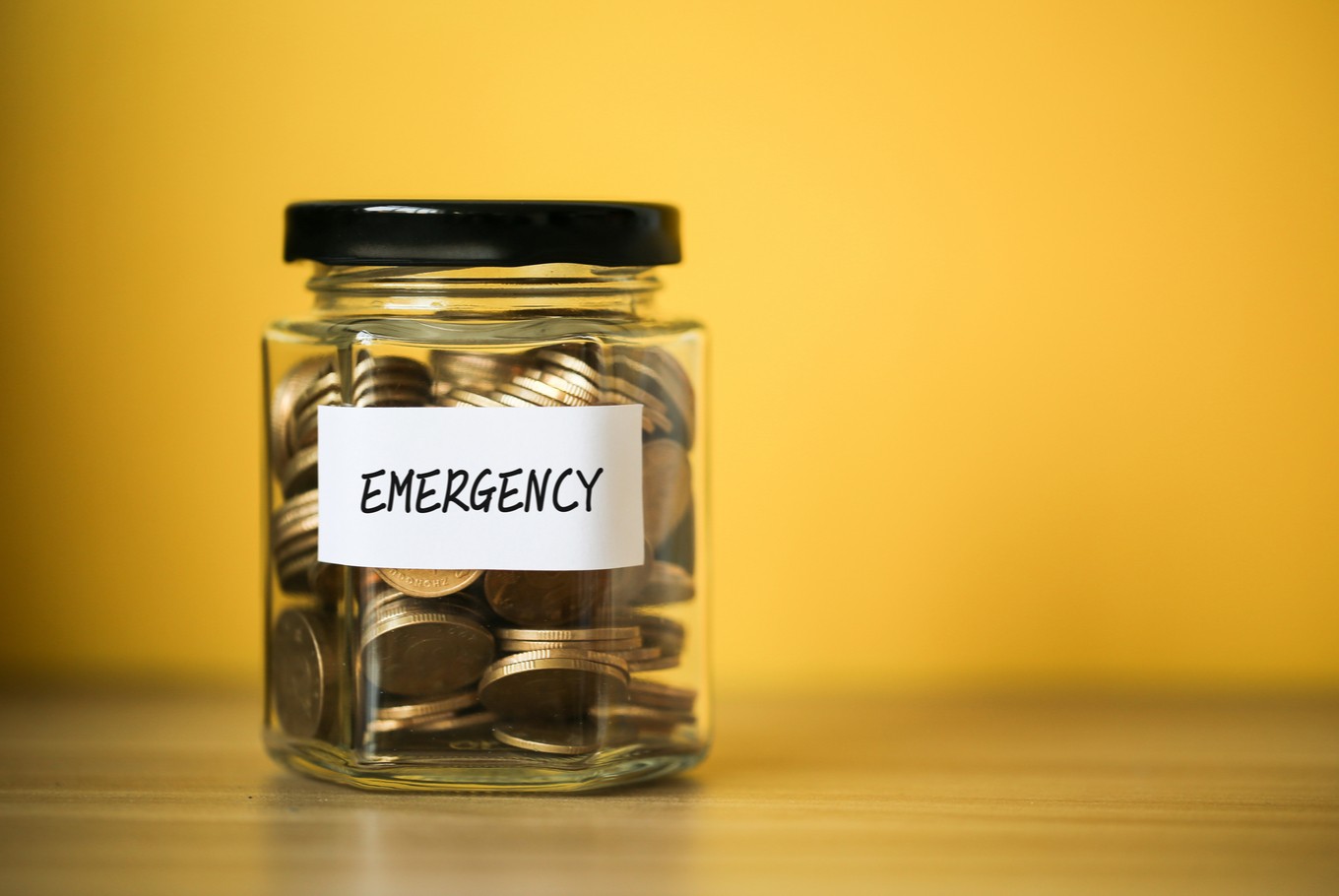How much should your emergency fund be in case of a layoff or pay cut amid Covid-19?
How much should your emergency fund be in case of a layoff or pay cut?
The emergency fund should include expenses such as education fees, rent, insurance premiums, loan EMIs, food, utilities, etc. for several months.

The emergency funds!
People are recommended by experts to have an emergency fund, particularly for a crisis like a job loss or salary cut amidst a pandemic COVID-19 like the present one.
An emergency fund is a designated amount set out for sudden emergencies that might occur, such as temporary job loss, medical emergencies that are uninsured, and unexpected travel due to family emergencies.
With emergency funds, the thumb rule is to maintain a minimum of 3 to 6 months’ basic salary. The emergency fund include expenses such as education fees, rent, loan EMIs, insurance premiums, food, utilities, etc. for several months. Even though a corpus of a minimum of 3 to 6 months’ primary salary is recommended, in reality, there is a probability that some might expect a more important emergency fund below such conditions that we are suffering presently.

The value of emergency funds required for an individual depends on factors such as the person’s nature of employment, other investments, and insurance, earning members in the family, dependents, etc.
For example, if an individual has secured employment with no fear of job loss, one can organize a smaller fund of up to 3 months’ expenses. Only if they are part of a sector inclined to layoffs, then he/she should plan for a more prominent seat in terms of emergency funds.
That way, one can change one’s emergency fund and opt for something like 6-9 months or even up to 12 months’ necessary expenses, which should be considered in such a situation. Additionally, if there is more than one earning member in the family, then the risk is reduced for one individual. Hence, holding a 3-6 months’ funds will be sufficient. Yet, in the case of a sole earning member of the family, it is more beneficial to start with a 6-month emergency fund and then regularly add more to it and raise the fund to 9-12 months.

Moreover, in the case of aging parents/in-laws, children who are dependent on the bread-earner, the funds have to be bigger, particularly in medical complications, where a health insurance policy might not satisfy.
These are just a few principal factors that require to be considered.
According to experts, owning an emergency fund is one’s responsibility is of absolute necessity, and checking the adequateness of an emergency fund should be prepared.
Remark that, while funding your emergency fund money, returns from the emergency fund aren’t the central factor, it keeps it as liquid as possible, keeping in mind its safety. It should be put under the mix of savings account, bank FDs and liquid funds.
Why you need emergency funds?

In these critical times amid pandemic COVID-19, you need to have emergency funds. The companies and markets paused their operations due to the nationwide lockdown that resulted in pay cuts, and many people were removed from their jobs. So in times like this, you need to have emergency funds.




